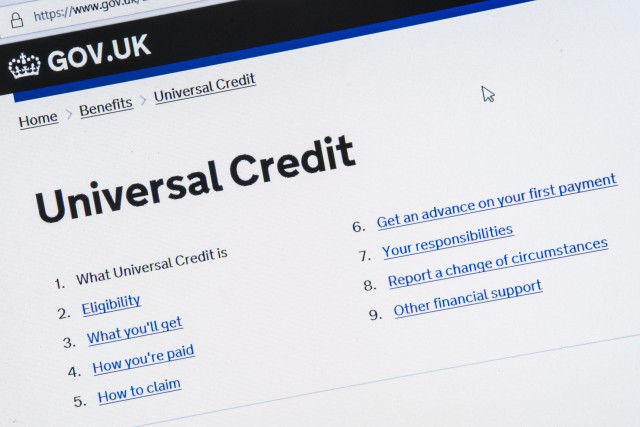Benefit Payments to Rise
Starting from April 2024, benefit payments will increase by 6.7% in line with inflation. This means the average family on Universal Credit will receive an extra £470 per year. However, the exact amount you'll get will depend on your circumstances and eligibility for additional elements. Make sure to use a free benefits checker to ensure you're receiving all the benefits you're entitled to.
Benefits Cap to Remain Frozen
The benefits cap, which limits the total amount households can receive, will remain frozen at its current level from April 2024. This means that around 85,000 people on Universal Credit could be up to £53 worse off. The cap was increased this year but will not see a similar rise next year.
Managed Migration Continues
The Department for Work and Pensions (DWP) is continuing its process of moving people on legacy benefits, such as tax credits, onto Universal Credit. This managed migration started in April and is expected to be completed by March 2025. However, those claiming employment and support allowance (ESA) and not on tax credits will be moved by 2028.
Boost in Local Housing Allowance
From April 2024, the government will increase Local Housing Allowance (LHA) for the first time since 2020. LHA determines the maximum amount individuals renting from a private landlord can claim in Housing Benefit or Universal Credit. The increase will ensure that the allowance covers the cheapest 30% of local market rents, making it easier for renters to cover their entire rent with housing benefit.
Extended Surplus Earnings Threshold
Universal Credit claimants will continue to benefit from the higher surplus earnings threshold of £2,500 until April 2025. Surplus earnings are taken into account in the monthly assessment period for Universal Credit. If your earnings exceed £2,500 above the threshold, the surplus earnings will be carried forward to the following month and affect your Universal Credit payment if they remain above the threshold.
Tighter Benefit Rules
New plans aim to help people with long-term conditions, disabilities, or long-term unemployment find and stay in work. If individuals fail to find a job within 18 months, they could face losing their benefits. Funding of over £1.3 billion is being offered to 300,000 people who have been unemployed for more than a year. Those who do not comply with the job search requirements will have their benefits, including access to free prescriptions and legal aid, cut off.
Changes to PIP Applications
The Department for Work and Pensions (DWP) is working to reduce waiting times for new Personal Independence Payments (PIP) claims. The use of online applications for new PIP claims is being trialed and will be extended until November 2024 to reduce excessive wait times. Currently, new PIP claims take 13 weeks from submission to decision letters being sent out. The goal is to shorten this process and provide quicker responses to claimants.
Remember to stay informed about these changes and how they may affect you or your family. It is essential to keep up to date with the latest information from the DWP and seek advice if needed.
Did you miss our previous article…
https://hellofaread.com/money/start-saving-now-for-christmas-2024-6-simple-shortcuts-to-build-a-1000-pot/








